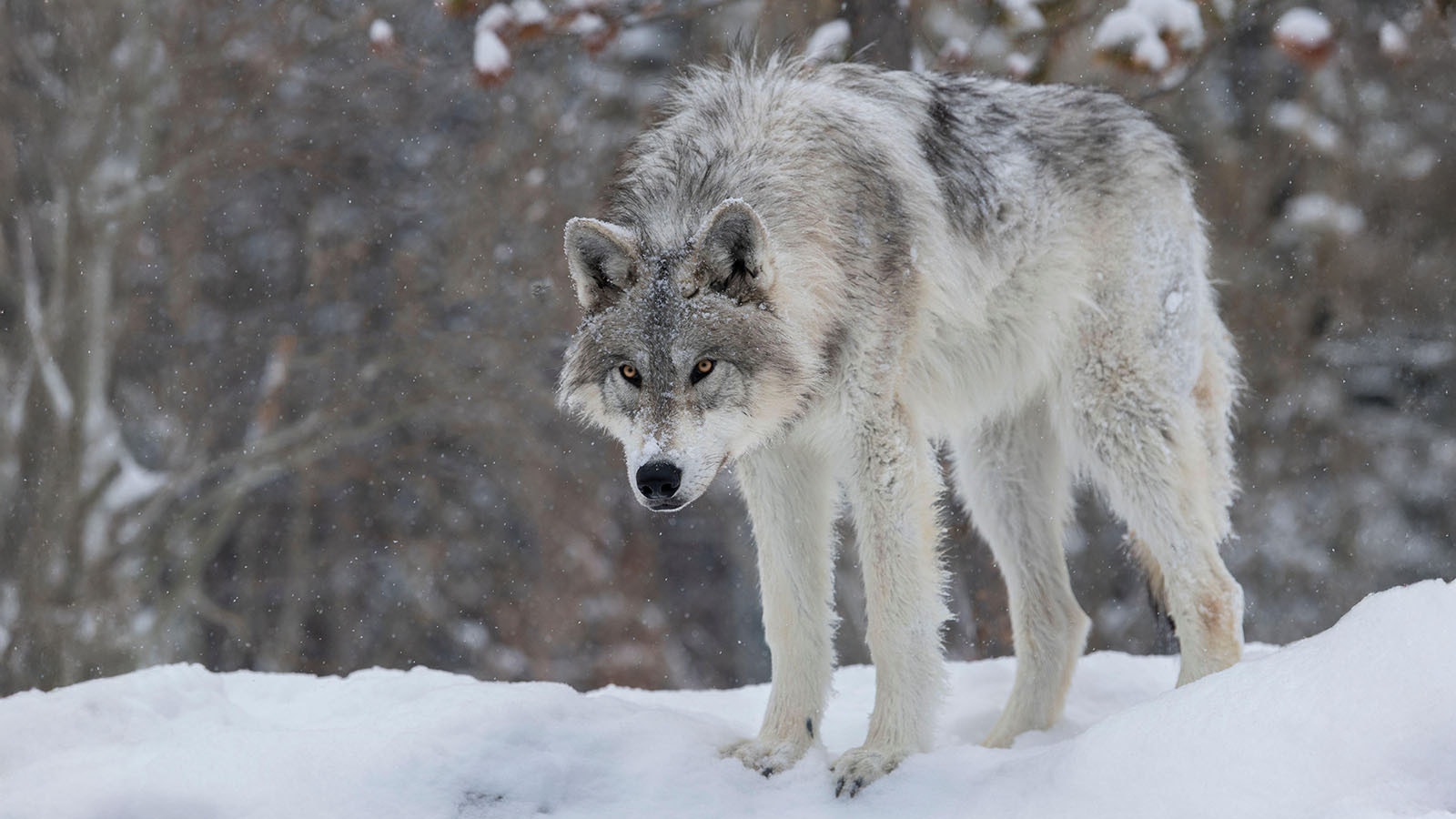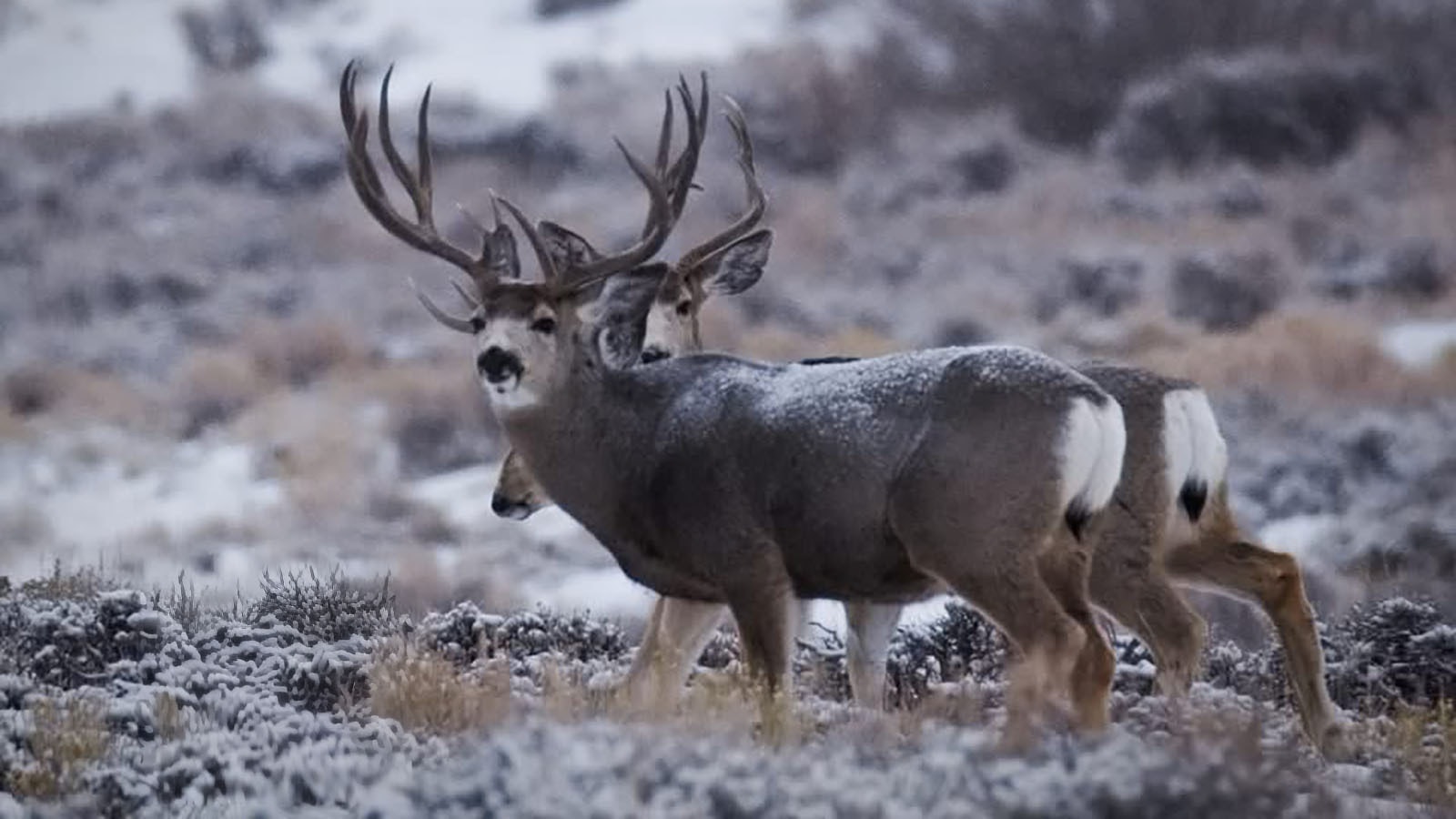To reach Curt Gowdy State Park, an increasing number of mountain bikers from Colorado are driving up Happy Jack Road to about halfway between Cheyenne and Laramie.
They're drawn by a 35-mile trail system established in 2006 and declared by the International Mountain Bicycling Association to be an "epic" destination, the only such recognition in Wyoming, according to Visit Laramie.
The park's 19.2-mile loop track winds through granite rock formations, canyons, high plains and flowing forest stretches increasingly filled with riders sometimes referred to as "greenies" due to the white-and-green Colorado license plates populating the parking lot at Curt Gowdy State Park.
"Curt Gowdy, they were seeing three to 400,000 visitors a year during COVID. I believe it's close to 600,000 now. And about 60% of those are out-of-state, and most of that is Colorado," Michael Kusiek, executive director of Wyoming Pathways, told Cowboy State Daily.
The migration north reflects capacity problems in Colorado's Front Range.
"Colorado is going to drive on I-25 at least 60 miles, if not more, to ride Curt Gowdy, because they believe that's what not crowded feels like. Their trails are so crowded, they're willing to drive up the interstate," Kusiek said.
Now Wyoming legislators want all users to help pay for the trails they're loving.
Rep. Karlee Provenza, D-Laramie, describes the proposed legislation as a "greenie tax.”
"I'm all for figuring out how can we have Colorado pay for their usage of our land," Provenza told Cowboy State Daily, adding that under the fee structure "the greenies have to pay double."
Draft legislation moving toward Wyoming's 2026 legislative session would create the state's first systematic fee structure for non-motorized trail users at state parks.
The approach mirrors Wyoming's existing model for motorized recreation, which continues to provide world-class motorized riding.
“That group of people is like, ‘Hey, we want to help. We want to do our part. We want to make sure that our trails that we can go use, our trails are taken care of,'" Provenza said.
“They totally get it," Kusiek told Cowboy State Daily, suggesting mountain bikers should be “stealing a page from the snowmobilers’ playbook."

Growing Demand
Out on Wyoming’s state trails, riders are left wanting more.
"We get more requests for non-motorized trails, especially mountain bike trails, than any other type of recreational infrastructure destinations for some time," Chris Floyd, deputy director of Wyoming State Parks and Cultural Resources, told Cowboy State Daily.
How much money does his department have for non-motorized projects? "About $400,000, which is a drop in the bucket compared to the demand that we're getting from communities and across the state," Floyd said.
"In the world of professional trail building, $50,000 might build you a mile or two miles of professional quality trail," Kusiek explained.
The proposed legislation would authorize annual fees capped at $10 for Wyoming residents and $20 for nonresidents, with $5 daily permits regardless of residency. Kids under 18 would be exempt.
Kusiek endorses the pricing: "At 10 bucks a year, that's about what you pay for two power bars.”
Provenza believes trail users will embrace fees, drawing from her own experience.
"I mountain bike, I, I'm happy to contribute what I can to maintain the trails so that they're there for future generations,” she said.
For now, the proposed bill won’t generate a lot of revenue, said Kusiek.
"I think we'd feel good if there were maybe $100,000 the first year that went toward it,” he said.
That’s a sticking point, as some of the bill’s critics wonder if it needs to be more ambitious.
"I think there's folks who want a bigger, broader funding source that can fund more trails across more boundaries and more land managers,” said Floyd. “Some folks think that it may be a little small right now."
Floyd added, “We've got to figure out where do we put all these people and how do we protect Wyoming resources in the process? That's on our mind all the time.”
Those discouraged by the growing crowds at Curt Gowdy State Park might head for the Continental Divide Trail at Togwotee Pass. It was recently described by singletracks.com as "the best high alpine epic you've never heard of."
"You have an over seven mile downhill from Two Oceans parking lot to Brooks Lake Lodge. And it's spectacular,” said Kusiek. “Every single inch of it. Just beautiful scenery.”
Contact David Madison at david@cowboystatedaily.com

David Madison can be reached at david@cowboystatedaily.com.





